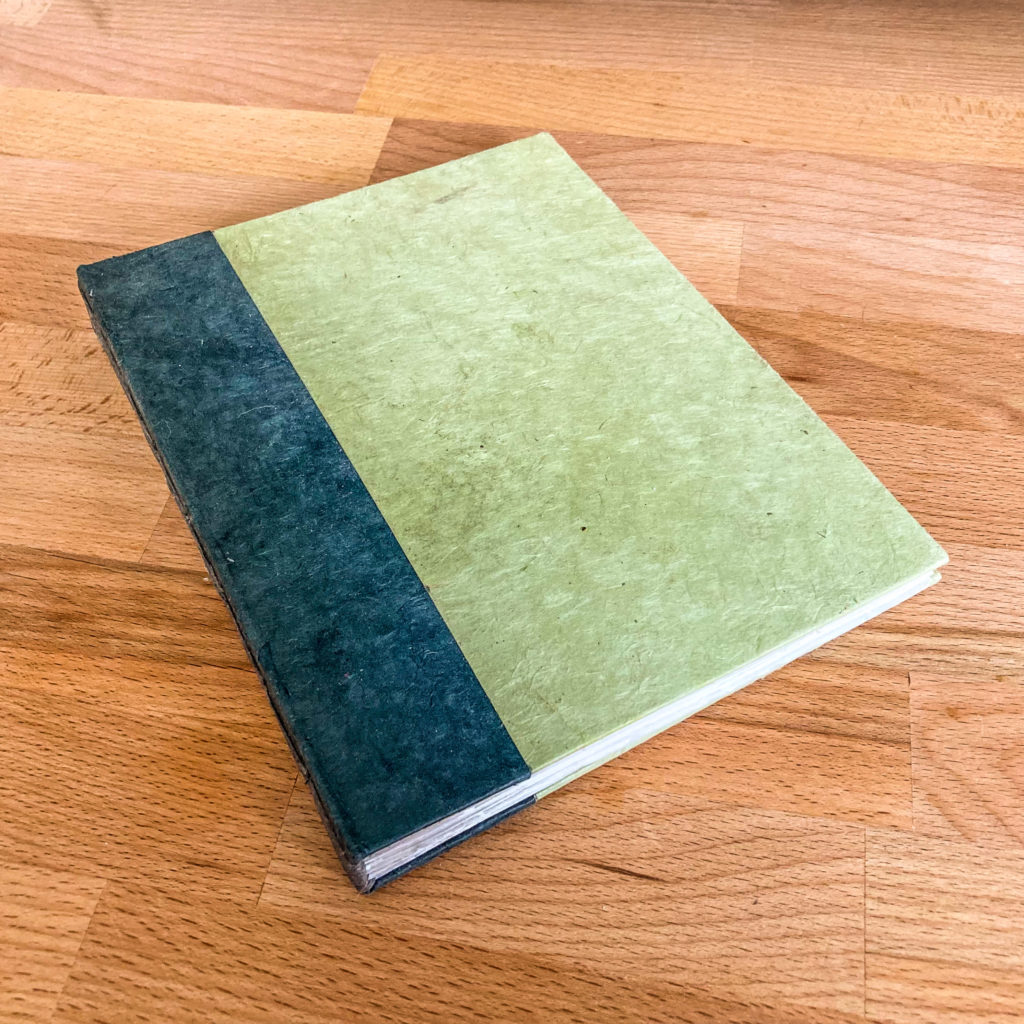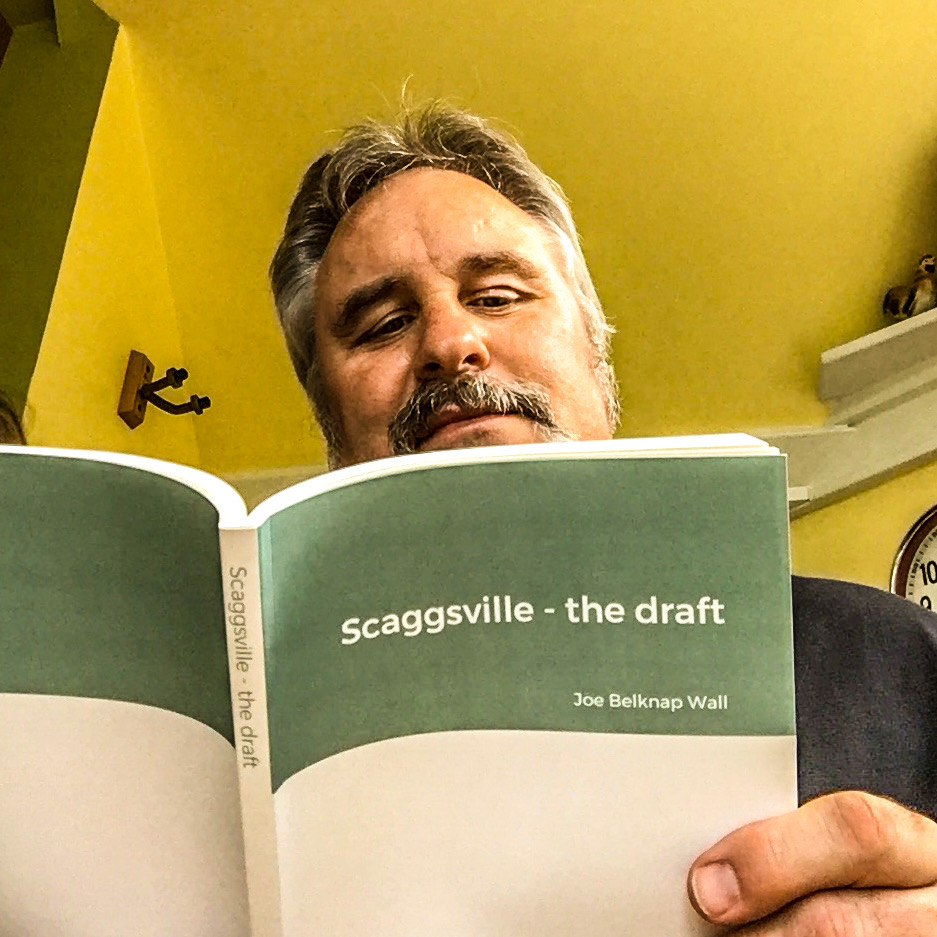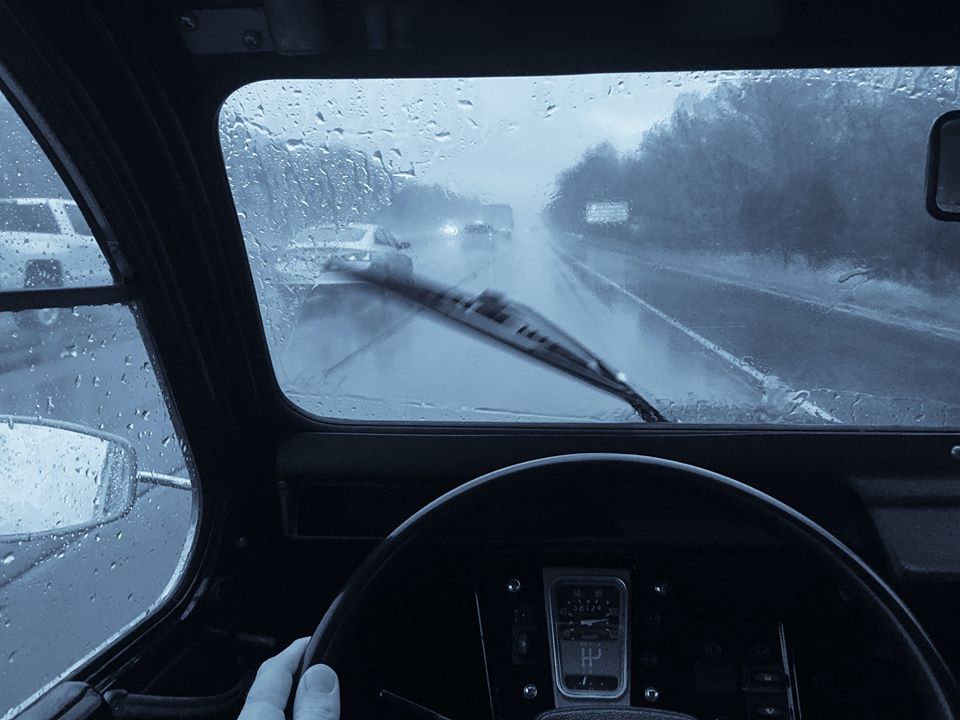These things come back like ghosts, faintly but present, and pull the few little threads of regret that have any purchase in my heart. It’s hard to explain that strange little stretch in the middle of the hateful eighties when people like me were dropping like flies while the everyday people in the rest of the world yawned and turned away in between sharing the hilarious jokes about fruits and vegetables and pointing fingers to say “well, didn’t you all bring this on yourselves” at best, and to share their churchy nonsense at worst. Thing is, being in the midst of it as a little half-formed person trying to figure out where he fit, when the people who could have explained any of it were dying by the thousands, was a shocking, traumatic thing that you couldn’t really see from the ground level, and overview would take literal decades.
Fran Lebowitz says that the real tragedy of AIDS wasn’t so much how many artists and creative people we lost, but that we lost a generation of a kind of audience that the world hadn’t seen before, and hasn’t seen since, with a canny understanding of semiotics, camp, and detail forged by a forbidden identity and a long-closed culture just starting to open to something more than just the way things always were.
I remember, once, in the early years of my inexplicable twenty-year career as a frequent operatic extra with the Washington Opera in DC, sitting next to a handsome older fellow quietly singing Sondheim.
“What are you singing?” I asked. I was fourteen or fifteen, I think, and at a makeup mirror next to the gentleman and just on the other side of the row of makeup tables where my father was combing a color into his mustache and waxing the curled end of each handle of the handlebar with a precision that would have pleased Poirot. The guy looked over, half in his foundation and half still patting on the matte tan for the period and class of his character.
“‘The Ladies Who Lunch’,” he said. “Sondheim.”
“It’s pretty,” I said, inexpertly applying my own foundation and looking forward to the moment of guilty pleasure when I’d sit with the main makeup lady for her to delicately do my eyeliner and lip-liner to make my face register under bright stage lights in the opera house.
“You’ve got good taste,” he said, with a smile that, in retrospect, might have belied an understanding that even I hadn’t yet arrived at for myself. “When you’re ready to do Sondheim justice, you’re ready to sing anything.”
It was inspiring as a lowly supernumerary, the opera term for a barely-paid extra with no lines and an outright ban on singing that I occasionally violated, quietly, in the background of scenes where I got carried away with the joy of being in the magical surge of music that you’ll never fully understand until you’ve been on a stage with a chorus and principals all around, an orchestra thundering in the pit around a gesticulating maestro, with 2800 pairs of eyes glittering in the darkness and focusing on you and what’s happening around you. The chorister beside me went back to dabbing at his face and getting a nice even basecoat.
“Saw Stritch do it twice,” said the next chorister over in the row of makeup mirrors. “Just…oh dear god. Is anything better?”
The two resumed where the one left off, and soon enough, they weren’t the only ones singing. I just sat, rapt, the cool tan-soaked sponge drying in my hand. On perfect cue, the wig techs floated through like courtiers, and the burly bearded dresser wearing a kimono sailed in with the ornate presence of a Spanish galleon laying siege to some continental port, and seamelessly picked up the last lines, belting out “…Everybody rise, everybody RISE, everybody RIIIIIIISE!” in a voice seasoned by a hundred thousand Benson & Hedges Menthol Light 100s.
The whole room paused, then everyone clapped, including my dad.
“Robbie’s not quite Stritch, but you can’t deny he’s got it down,” whispered my neighbors, and I had a cozy feeling like Linus Van Pelt had just explained the meaning of Christmas to me in a soft, but patient, voice.
It reminded me then of that peculiar, magical sense that I had back then, that no matter how ugly the world seemed, and how cruel people were, and how it all just seems like everything was falling, but no one was noticing, I was always different backstage. It was a rare moment for me where I felt entirely in my place in the world in the best sense of that turn of phrase.
I looked out for that friendly gentleman in the first show I was in in the next season, but he never turned up. A couple productions along, I asked Robbie if he’d seen him yet. Robbie just tucked his customary kimono to sit more comfortably around his bearish waist, tipped his head, and said, “Honey, he’s not singing this year,” with a look that broke his usual charming, avuncular friendliness, but just for a moment. “He’ll be back with us soon,” he added, as if he could, by force of will alone, speak that future into being.
Over the decade, more and more of the people I’d chatted with in the make-up chairs and whispered with on the stage while the curtain was down and the overtures were playing weren’t singing that year.
It seems I’ve outlived all of those men who weren’t going to be singing that season, pushing my way through my fifties, and I can sing a reasonable facsimile of Stritch’s take that’s at least good enough for a neighborhood karaoke night, though I still struggle to get the nicotine richness of how she pins down “Aren’t they a GEM?” with a slightly flat note backed up with a pent-up surge of regrets, but I sometimes wish I’d had a little more time to take in those lessons, to learn to love high camp, low notes, and languid lyrics delivered with the weight of knowing instead of just immersing myself in a desperate struggle to be current with all the popular kids, straight savages, and other people who, like me, wouldn’t leave the house without a few handfuls of hair gel and the perfect factory-made aspirational teen tops in dreary corporate-made paintsplatter pastels and board shorts over unironic checkerboard slip-ons.
I could have learned so much and so much sooner, and reveled in bossa nova, midcentury tabourets and spindly-legged Scandi seats, and a schmaltzy, overwrought torch song, the lamentations of Elaine Stritch’s indelible Joanne, or the slinky wildness of Fosse at his most extreme.
Hell, they could have told me about Liza With A Z, or Rosalind Russell as a nun, or Eartha Kitt.
Life’s too short for regrets, I suppose, and they become even more meaningless when we’ve arrived somewhere beautiful and satisfying by a rambling navigation through empty hallways and mobs of fad-blinded fools instead of pulling up neatly to the front door and sailing into the place like a Spanish galleon laying siege to a port, but I wonder.
So here's to the girls on the go— Everybody tries. Look into their eyes and you'll see what they know. Everybody dies.
I wonder. How would I look in a kimono?
A toast to that invincible bunch. The dinosaur surviving the crunch. Let's hear it for the ladies who lunch- Everybody rise! Rise! Rise! Rise! Rise! Rise! Rise! Rise! Rise! Rise!
And here we stand, nearly forty years down, when I almost feel like I could take on the hard stuff, scrawling “Sondheim” and “I’m Still Here” on the karaoke DJ’s little request slips, but I’ll content myself for now chasing the impossible dream of capturing even a sliver of Garland’s aching take on “Blues In The Night” and will refrain from even attempting any of Mama Cass’s most glorious performances. Instead of being able to chat with a make-up room full of wise old aunties, I spent decades finding my own way, and arriving, oddly, almost where I’d have been if I’d been lucky enough to come to know that lost generation of the world’s best fans, albeit treading a lot of fruitless by-ways in search of the melody.
Look into their eyes and you’ll see what they know.
I’ll drink to that.
©2023 Joe B. Wall




